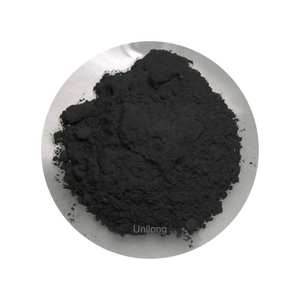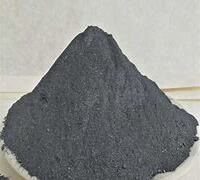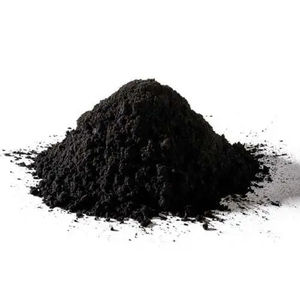Professional graphite material supplier, graphite for EV, grease, furnace and any other industries.
(Why Are Electrodes Made of Graphite?)
Graphite is one of the most commonly used electrode materials in the industry. It is an extremely versatile material that is easily obtainable, and is cheap to produce. It is also robust and stable in high-temperature operating conditions.
Graphite is a good conductor of electricity. This is largely due to its atomic structure. Graphite has a large amount of delocalized electrons that allows it to exhibit superior electrical conductivity.
Graphite is used in a number of different applications, including electric wires, batteries, and the electrodes for welding machines. The atomic structure of graphite makes it a good conductor of electrical energy, which is essential in a variety of industrial processes.
Graphite can also be a good conductor of heat. Graphite has a high melting point, which allows it to withstand a great deal of heat. Graphite is useful in a variety of reactions at a high temperature. For instance, graphite can be used to conduct electricity in a process called electrolysis.
Graphite is the most widely used electrode material in the industry. Because of its high conductive properties, it is a preferred choice. Using graphite as an electrode offers numerous benefits, including excellent corrosion resistance, excellent thermal resistance, and excellent mechanical strength.
Graphite can be mined in several countries around the world, but China, India, and the United States are the leading suppliers of the product. They account for nearly 70% of the global consumption of graphite electrodes. Increasing availability of long-term scrap in China is expected to propel growth of the graphite electrodes market.
(Why Are Electrodes Made of Graphite?)








